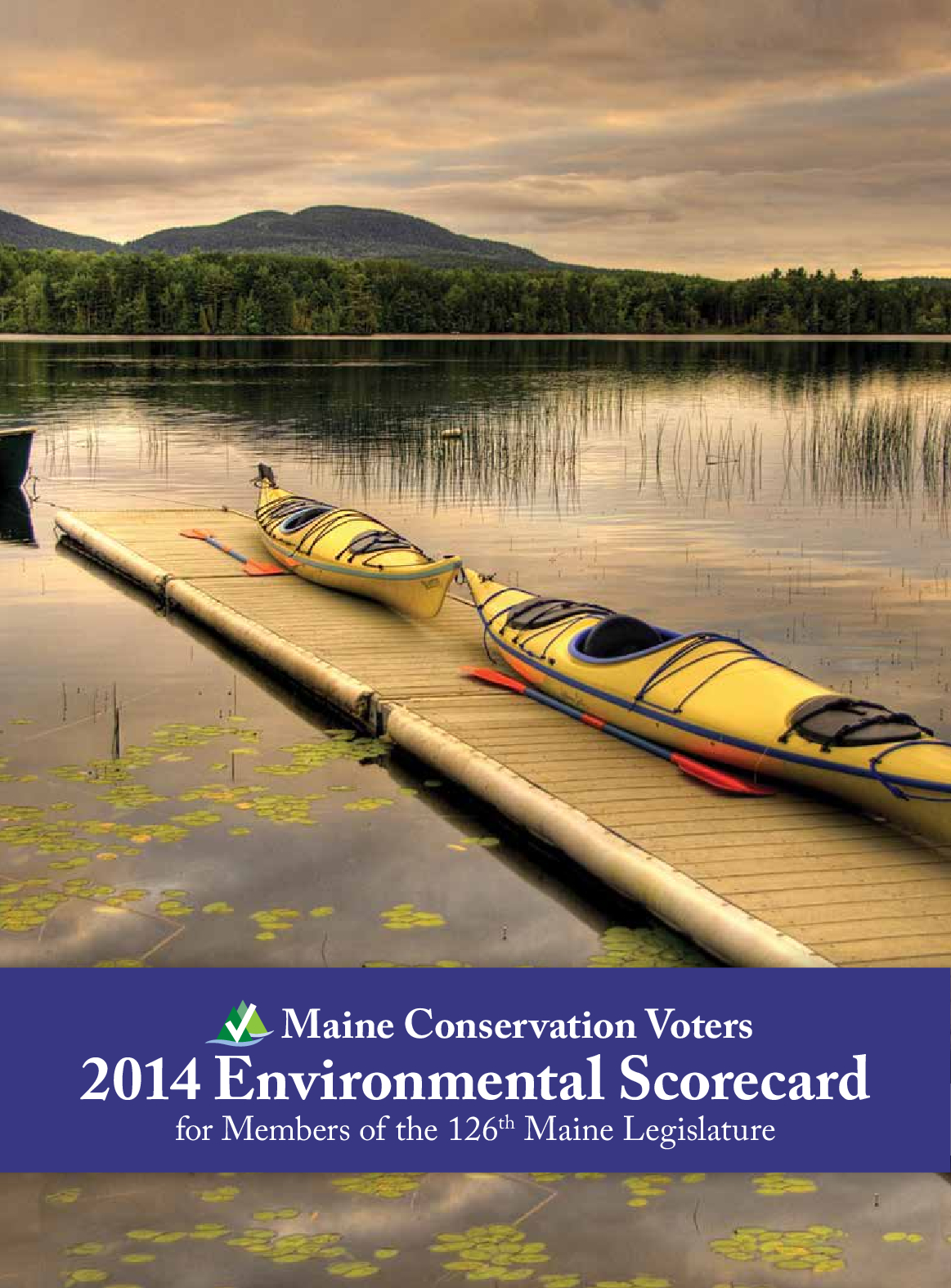 Download
DownloadStatus: Bill became law without the Governor’s signature; Bond goes to the voters.
Maine’s water resources are critical assets that support our economy and quality of life. Recognizing this, the legislature approved a $10 million bond to help manage our state’s water resources, protect clean drinking water sources, help communities safeguard themselves against extreme storms and flooding, and restore our fisheries. The bond Continue...
Status: Bill vetoed by Governor; veto override failed.
A bill to provide incentives for ‘food hubs’–places for local farmers to aggregate, minimally process and distribute their products to large institutions like schools and hospitals–passed the legislature overwhelmingly. Food hubs can help our small farms feed more of the state and provide growing school children with nutritious food grown Continue...
Status: <p>Bill vetoed by Governor; veto override failed.</p>
Maine has some of the most beautiful, valuable lakes in the country, but water quality is declining because lake protection efforts have been weakened by the LePage administration. Maine’s lakes generate at least $3.5 billion in economic activity annually and help sustain 52,000 jobs; it makes sense to protect them Continue...
Status: <p>Bill vetoed by Governor; veto override failed.</p>
The solar rebate bill provided for a reinstatement of rebates on the purchase of solar equipment through a fund at Efficiency Maine in the amount of $1,000,000/yr. until December 2016. The funds would have come from a surcharge on electric customers at the cost of 60 cents a year for Continue...
Status: Bill died.
Governor's Bill The legislature defeated the Governor’s bill to increase logging on public lands and take the money from the sale of the timber to fund a heating efficiency program. The proposal would have increased logging on 400,000 acres of public forest with no public input about what increased logging Continue...
Status: Bill passed; enacted without the Governor’s signature.
The legislature authorized reopening the St. Croix River to alewives which represents a long-sought after victory for wildlife habitat. Also known as river herring, alewives are a critical food source for Maine lobster, many fish species, and a variety of birds and mammals. The fish passages were closed in 1995 Continue...
Status: <p>Work Session not yet scheduled</p>
The existing Renewable Portfolio Standard (RPS) has led to tremendous investment in Maine by renewable energy companies, which according to a study by London Economics International totaled more than $2 billion in the last 10 years. This bill would allow the inclusion of large hydropower to be included in the Continue...
Status: Bill passed; signed by the Governor in January 2014
The House and Senate both passed the GMO labeling bill with overwhelming support, and it became law in January 2014. The law will require food companies to label products that have been produced using Genetically Modified Organisms (GMOs). LD 718 will go into effect when 5 contiguous northeast states, including Continue...
Status: <p>Bill passed; vetoed by the Governor; veto override failed</p>
Despite passage in the House by a wide margin and initial unanimous Senate passage, Governor LePage vetoed the Healthy Kids bill, and the Senate failed to override. LD 1181 would have required the disclosure of BPA use in food packaging by food manufacturers with more than a billion dollars in Continue...
Status: <p>Final Outcome: Bill failed; died in non-concurrence </p>
Open-pit sulfide mining is one of the most polluting industries, releasing dangerous arsenic, lead, and mercury into the surrounding watershed. Until last year it was highly improbable that this type of mining would ever occur in Maine, but a bill passed in 2012 weakened the clean water protections that apply Continue...
Status: Rules rejected, no process established for new rules.
After over two years of debate sparked by a bill introduced in 2012 directing the Department of Environmental Protection to rewrite Maine’s metallic mining rules, the legislature rejected the rules that had been drafted by the LePage administration and then weakened by the Board of Environmental Protection. Lawmakers rejected the Continue...